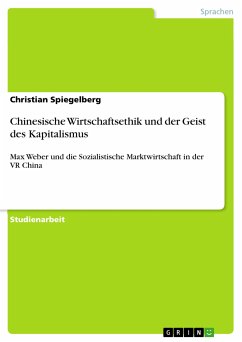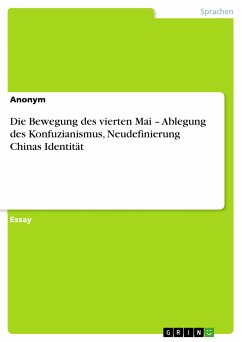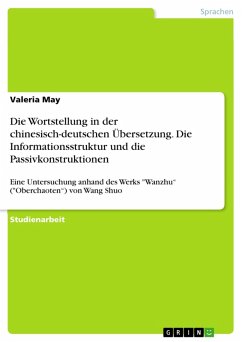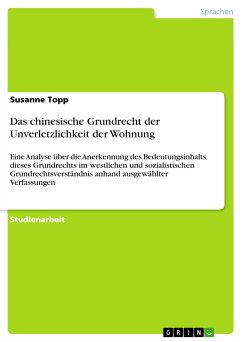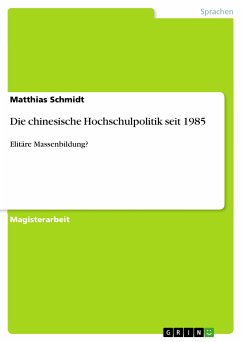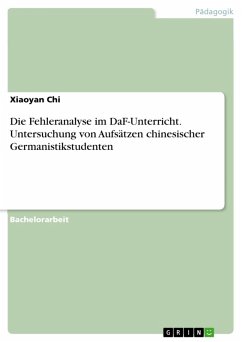Diplomarbeit aus dem Jahr 2009 im Fachbereich Dolmetschen / Übersetzen, Note: 1,8, Rheinische Friedrich-Wilhelms-Universität Bonn (Institut für Orient- und Asienwissenschaften), Sprache: Deutsch, Abstract: “The Babel fish is small, yellow and leech-like, and probably the oddest thing in the Universe. It feeds on brainwave energy received not from its own carrier but from those around it. It absorbs all unconscious mental frequencies from this brainwave energy to nourish itself with. The practical upshot of this is that if you stick a Babel fish in your ear you can instantly understand anything said to you in any language. [...] Meanwhile, the poor Babel fish, by effectively removing all barriers to communication between different races and cultures, has caused more and bloodier wars than anything else in the history of creation.”1 - Douglas Adams' “Hitch-Hikers Guide to the Galaxy” Languages have always changed and evolved over the course of time. This somewhat organic process of change can neither be stopped, nor controlled. It is also a process that is quite difficult to monitor because it happens very subtle and on many different levels. One of the levels where it is possible to monitor and study language change is the phenomenon of lexical borrowing. Lexical borrowing is an inevitable result of language contact, because people will always utilize whatever communication tools they have to achieve mutual understanding and exchange. From this exchange new ideas and concepts may result that can enrich and sometimes change languages. The present thesis aims at giving a comparatively thorough analysis of lexical borrowing between two of the most widely spoken languages with worldwide distribution: International English and Standard (or Mandarin) Chinese. It therefore analyses different aspects of lexical borrowing between English and Chinese, including a historical survey of foreign language influences on Chinese, different channels of borrowing, loanword classification, adaptation methods for lexical borrowing and the cultural and linguistic impacts of the English language.



